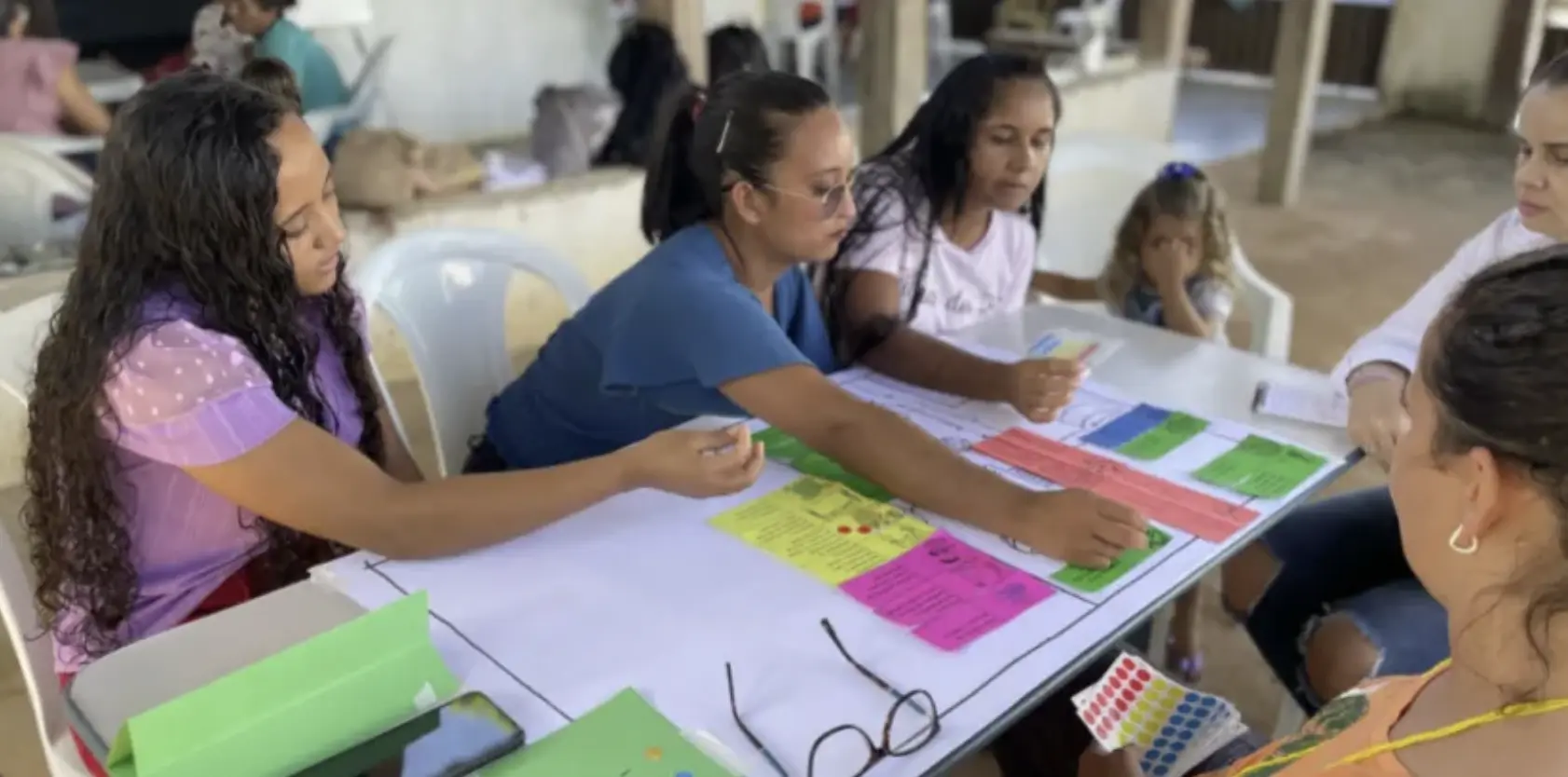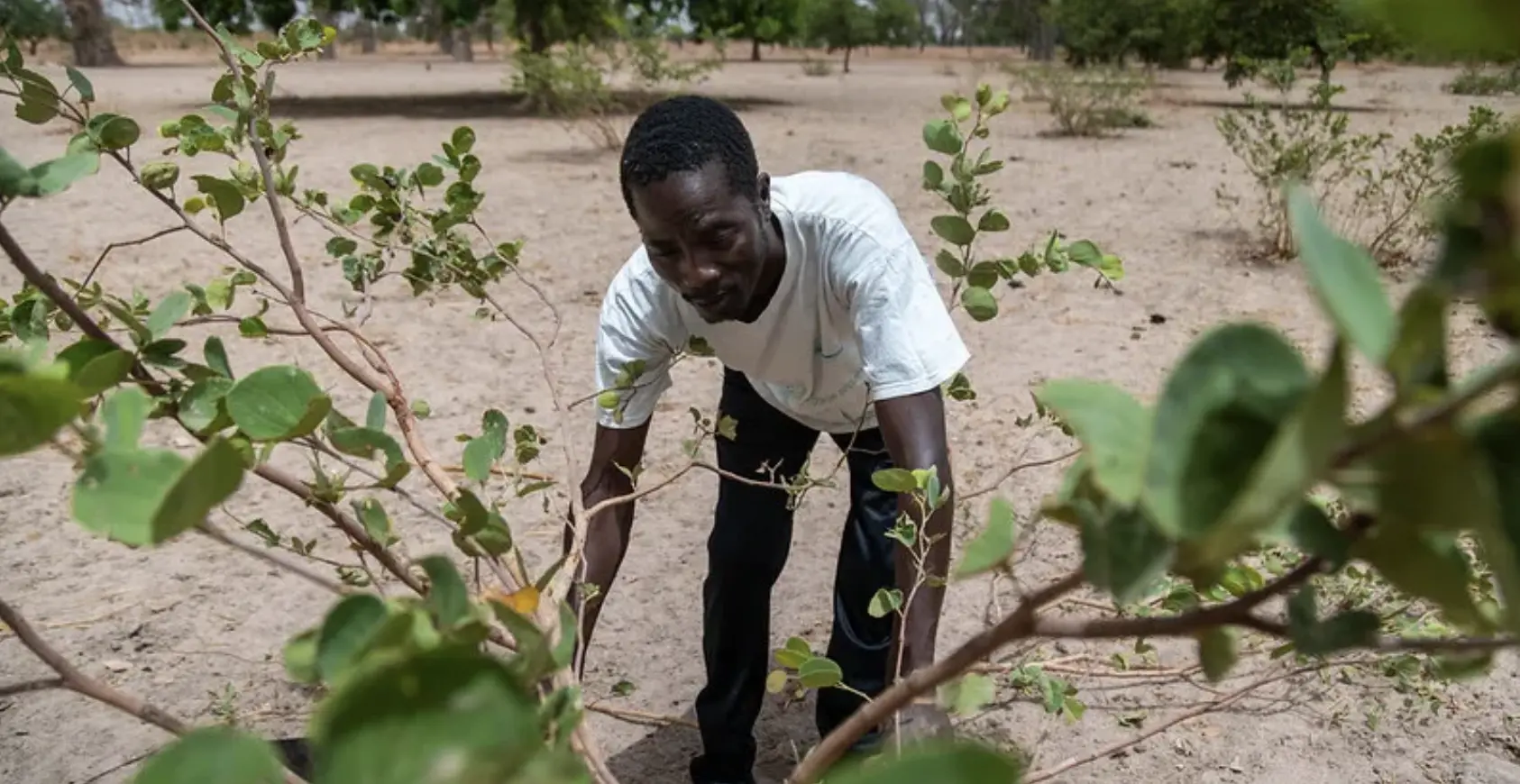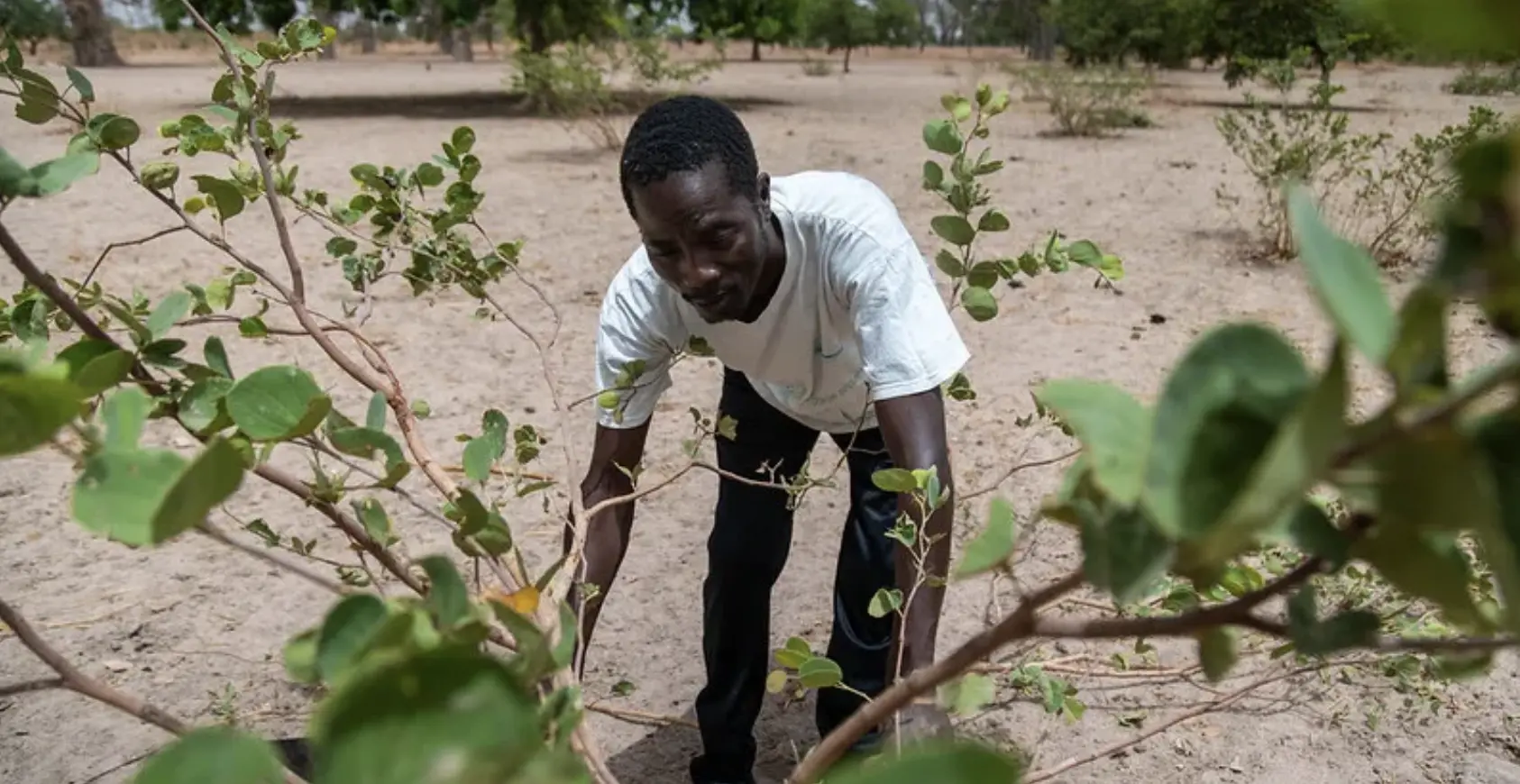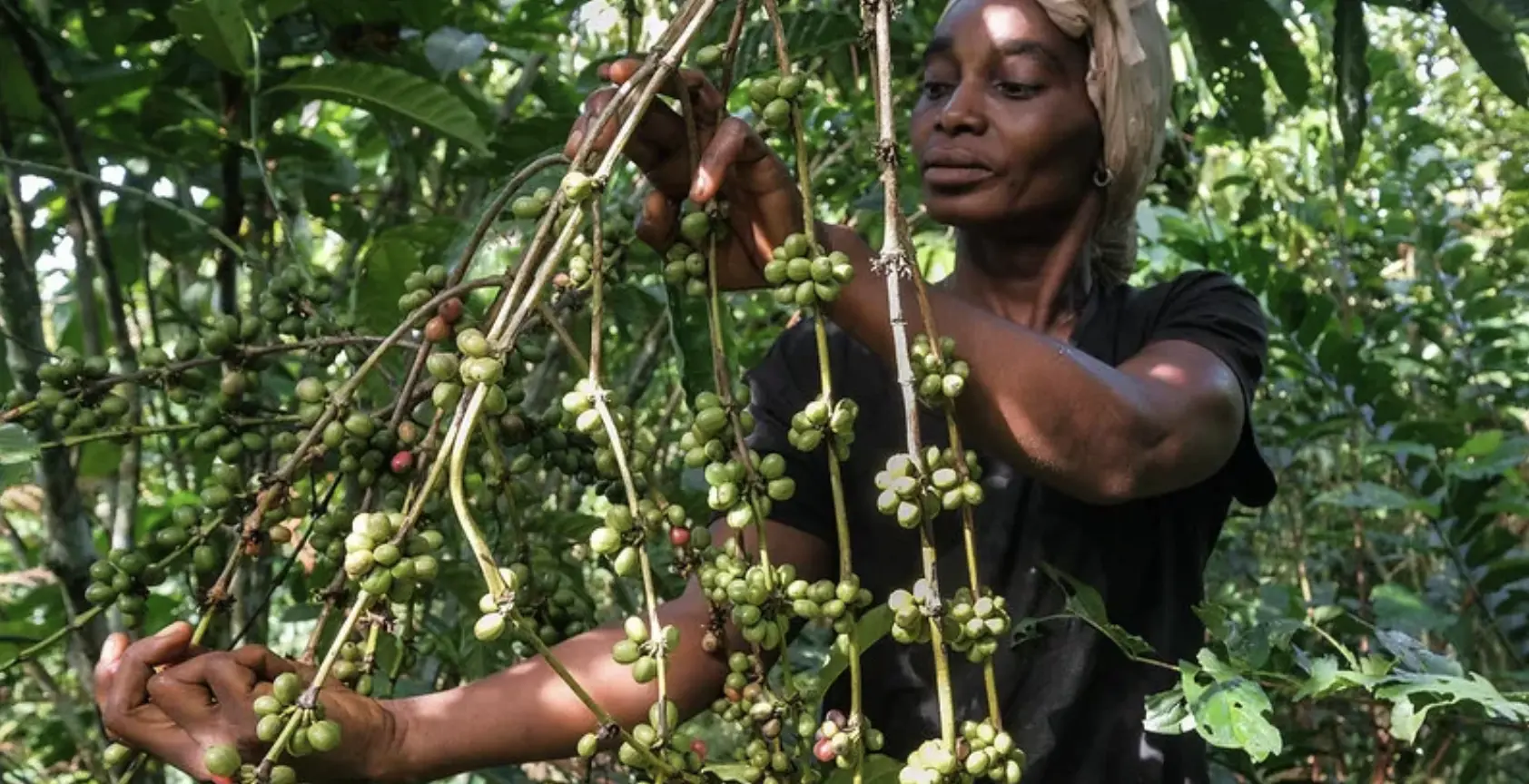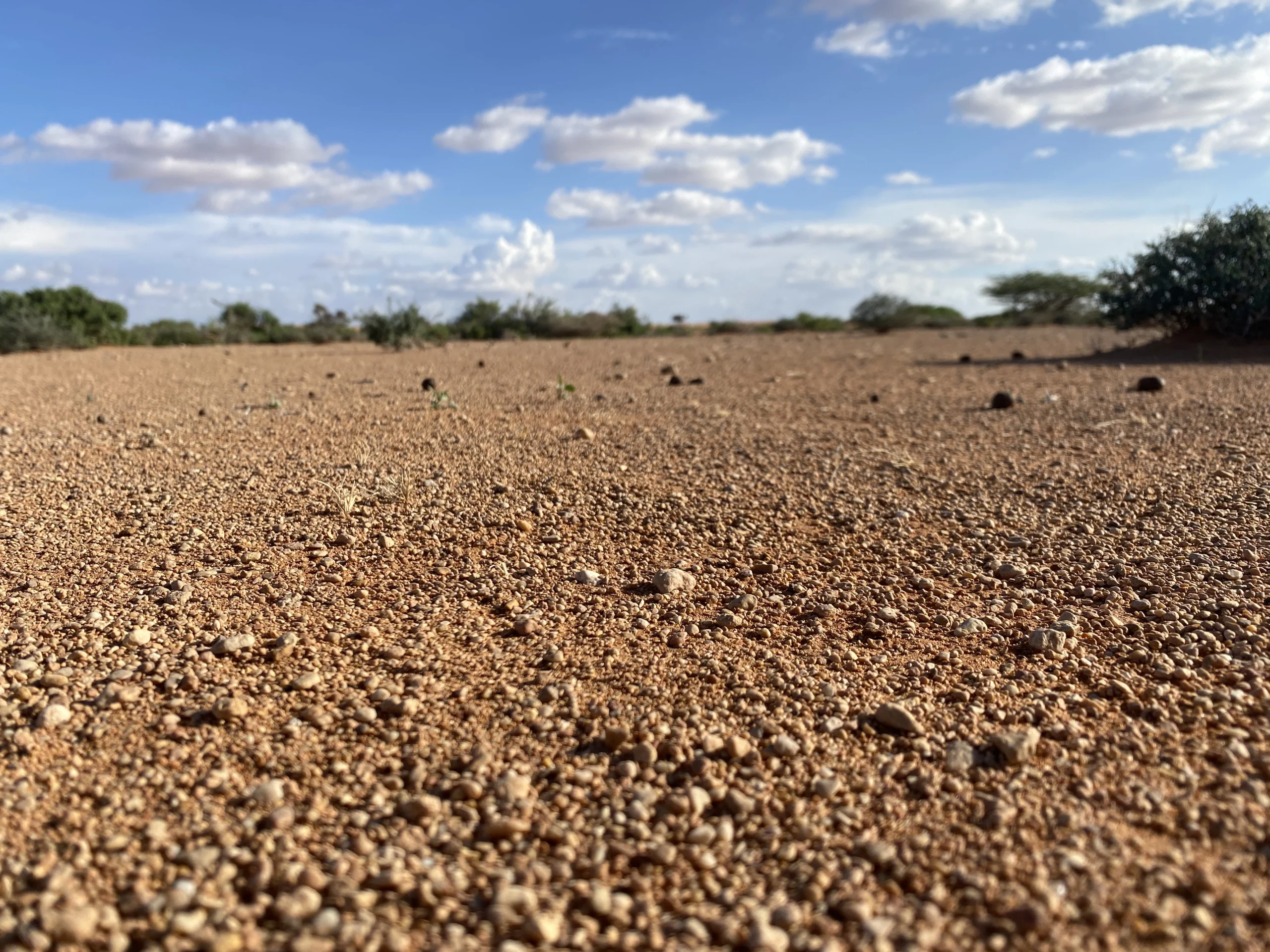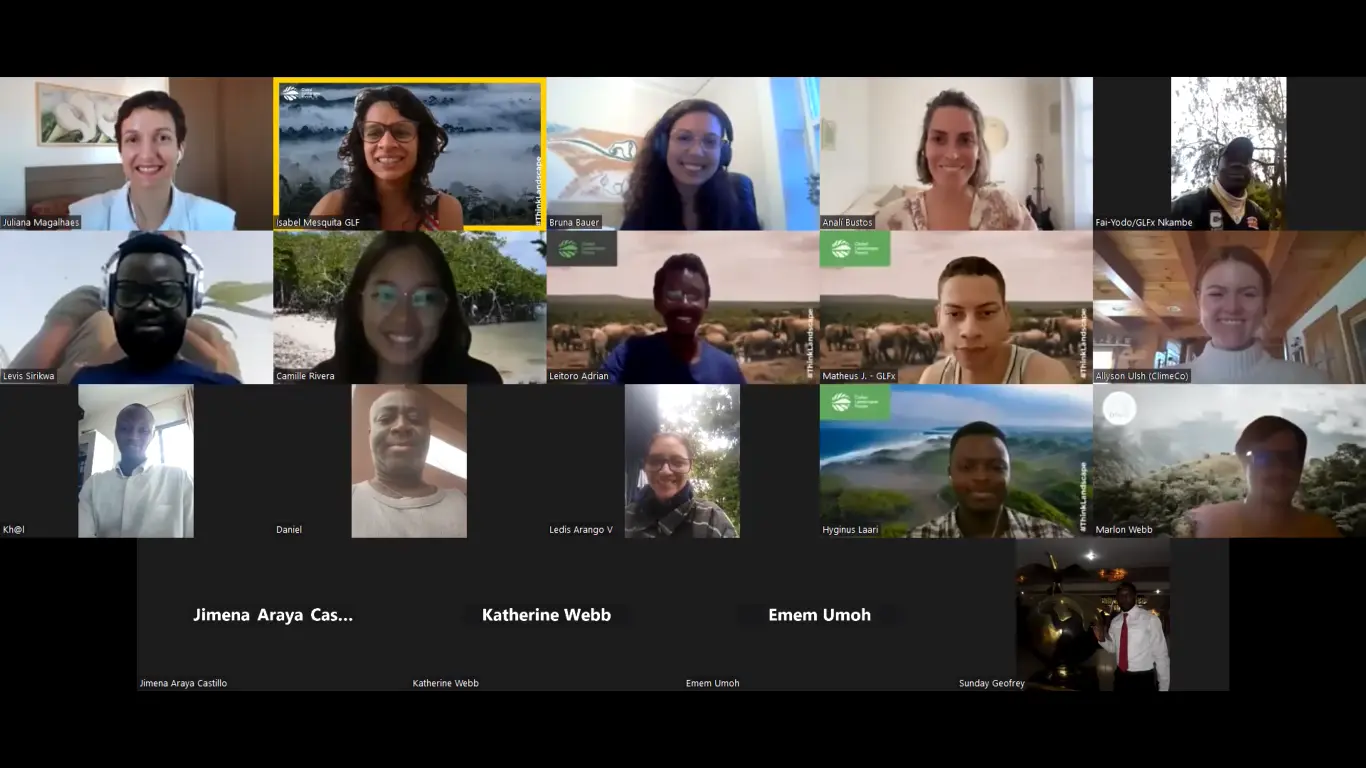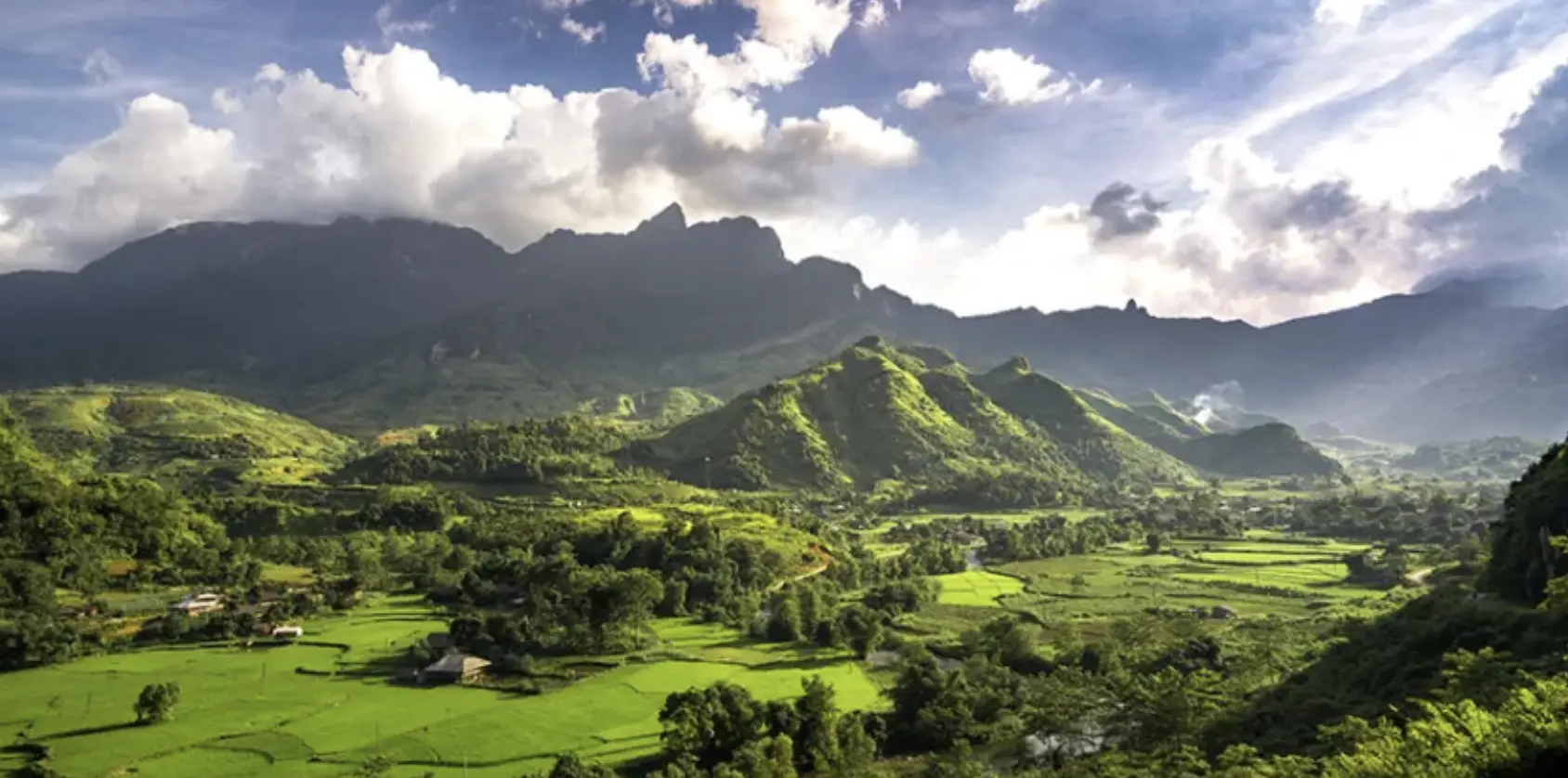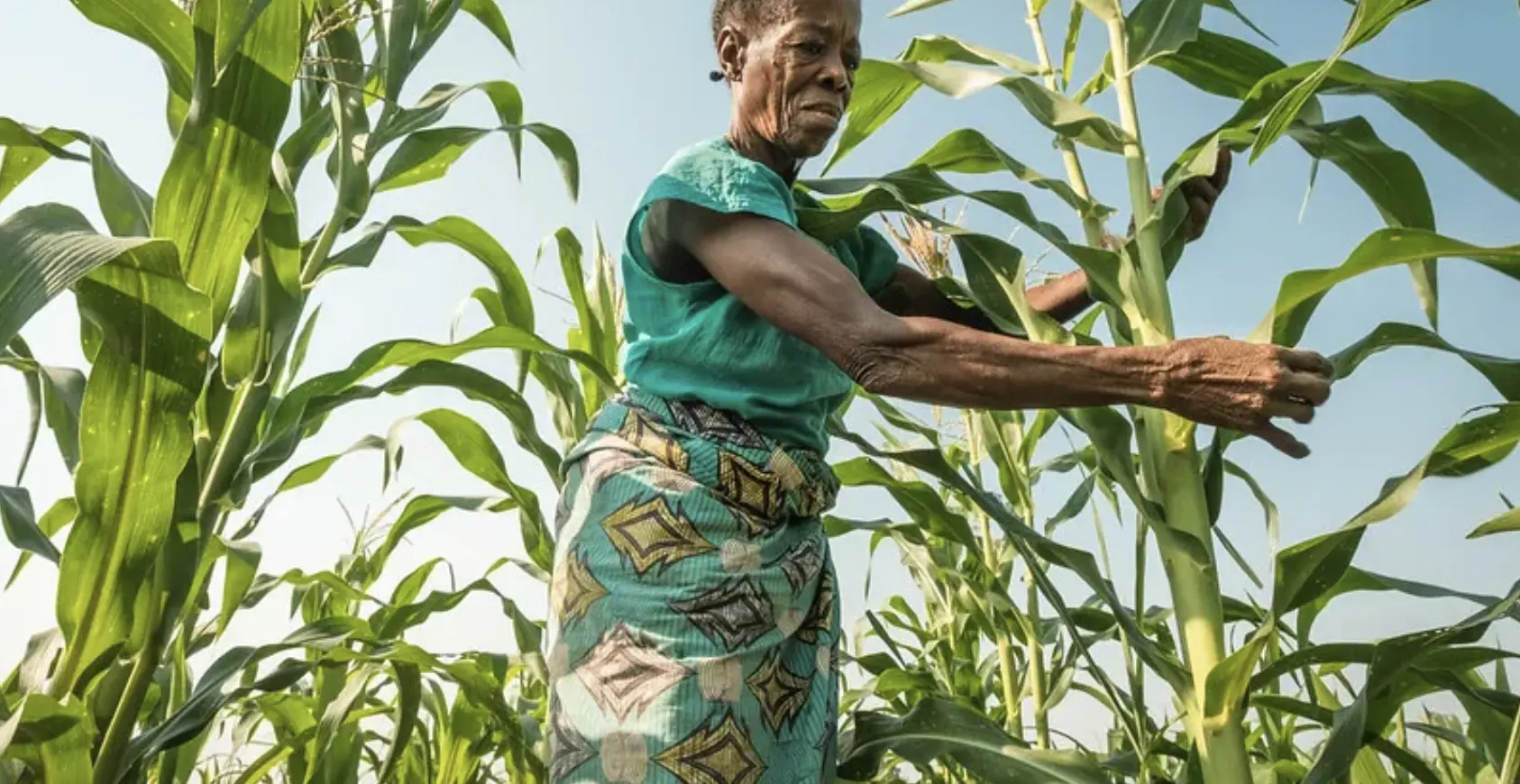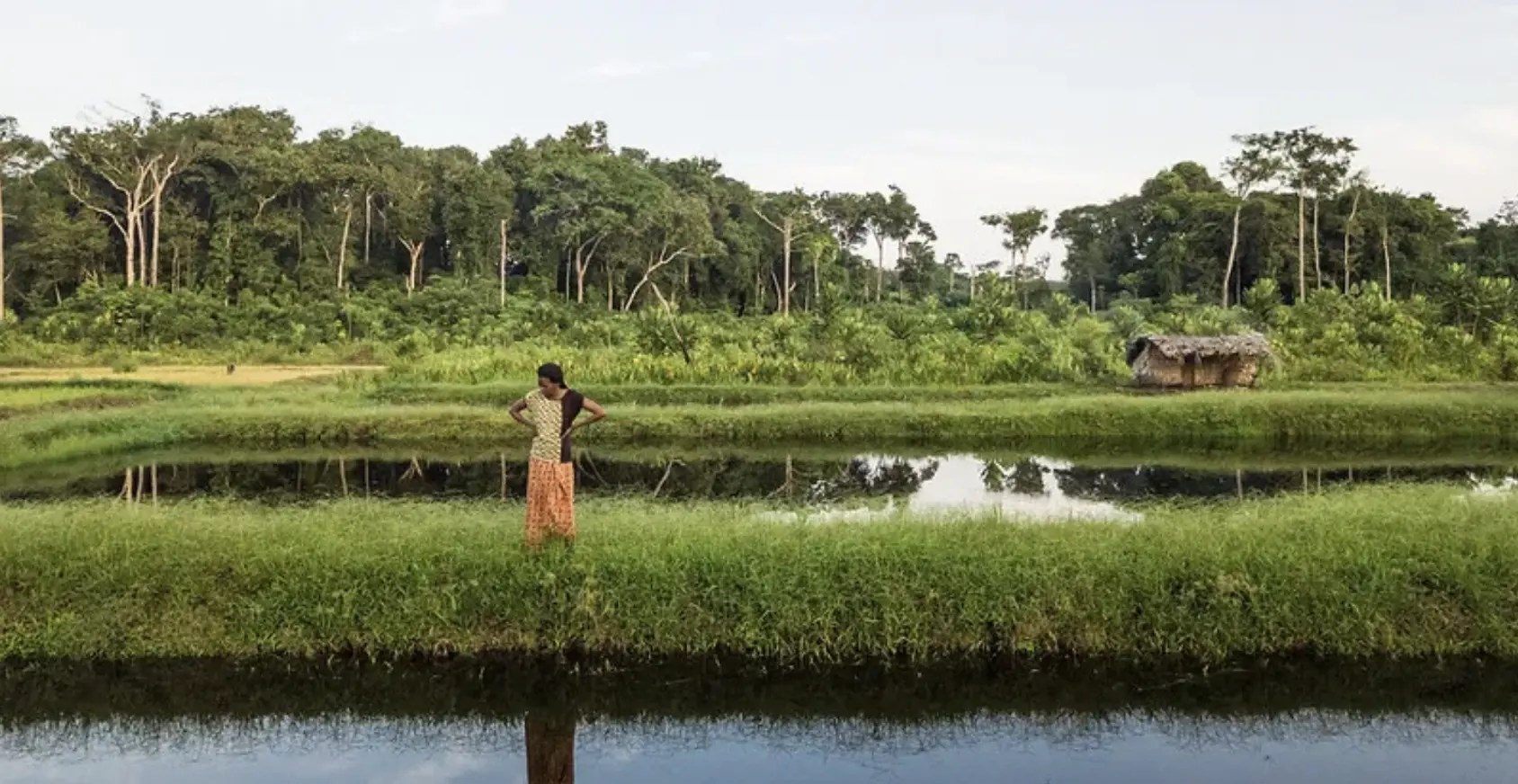Advocates share progress on metrics, digital tools, incentives, and investment The transition to agroecology has gained momentum in the past few years, as its broad benefits for climate, biodiversity, and food security become ever more apparent. Meanwhile, technological developments – such as using precision agriculture backed by GPS, drone sensors, and satellite imagery; big data…
Author Archives: agroecology
Agroécologie : Une solution viable pour les défis africains?
Exploration des opportunités, des obstacles et des chemins collaboratifs pour une agriculture durable L’Afrique est confrontée à de nombreux et complexes défis liés à la sécurité alimentaire, aux changements climatiques et à la dégradation des ressources naturelles. Face à ces enjeux, l’agroécologie émerge comme une solution prometteuse et viable pour relever ces défis, en intégrant…
Agroecology: A viable solution for African challenges?
Opportunities, obstacles, and collaborative pathways for sustainable agriculture The African continent faces a number of complex challenges related to food security, climate change, and the degradation of natural resources. In response to these issues, agroecology is emerging as a promising and viable holistic solution that integrates ecological principles into food production systems. In contrast to…
Winners of the agroecology contest now revealed
Following an open call for submissions as part of a special contest, open to all members of the Agroecology TPP Community of Practice (CoP), today the Agroecology TPP Secretariat is delighted to announce the winners, who will participate in-person at the Annual Members Forum meeting in Nairobi, Kenya, on 12-13 March 2024. ???? ???? The…
Can agroecology break dependence on synthetic fertilizer?
Good soil management benefits climate and biodiversity without reducing yield, experts say As global food production expands to keep pace with a growing population, industrial nitrogen for fertilizer increasingly contributes to both greenhouse gas emissions and pollution of aquatic ecosystems. Agroecology can help tackle both problems by improving soil health while reducing the use of…
Can agroecology help Somali communities to transition away from aid?
By Michael Hauser, Senior Associate, CIFOR-ICRAF and BOKU University Somalia is facing a severe humanitarian crisis, with about half of its population – approximately 8.25 million people – requiring lifesaving humanitarian and protection assistance, being heavily dependent on food aid. Among them, around 4.3 million people face crisis levels of hunger. This situation is further…
Exploring Horizons: Carbon Market Masterclass recap
Written by Matheus do Nascimento* Last month, we immersed ourselves in a journey of knowledge and in-depth dialog during the long-awaited Carbon Market Masterclass. This initiative was a direct response to the growing demands of our Chapters, who expressed a fervent interest in understanding the intricate web of the carbon market and its impact on…
All eyes on agroecology as Vietnam embarks on food system transformation journey
Side event showcases application of agroecological principles for long-term food security Vietnam is positioning itself as a food innovation hub for Asia, and is building its reputation as a responsible, transparent, and sustainable food provider in the process. As part of this transformation from agri-food systems based on crop monocultures and separate intensive livestock rearing, sustained…
Agroecology can fix our food systems. Here’s how.
Co-creative approach offers integrated solutions to pressing global challenges We all know there are no silver bullets that can address the confluence of crises that we currently encounter on our planet – hunger, widespread degradation of land and water resources, catastrophic biodiversity loss, and climate change. But agroecology is an approach that tackles these challenges…
“Choice, not chance”: aligning action for a just agroecological future
Food system transformation was in focus at the Agroecology Theme Day on the sidelines of the 78th UN General Assembly It’s entirely possible to shore up food and nutrition security whilst boosting biodiversity, ecosystem restoration, and climate mitigation. As a farming approach inspired by natural ecosystems, agroecology offers a clear pathway for addressing all of…

